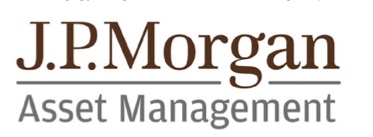The introduction of the RDR and the move to fee-based financial advice from January 2013 means that advisory firms need to ensure that the services they offer match the services that consumers are willing to pay for.
Fundamental to their success and growth is the need for firms to understand and engage with client needs and aspirations. Also, flexibility to offer both ongoing and task-based service options will characterise the most successful propositions.
JP Morgan has surveyed over 2,000 UK investors seeking professional financial advice, with a gross household income of £50,000+, in an attempt to ascertain the services that most appeal to those using financial advice as part on an ongoing advisory service.
{desktop}{/desktop}{mobile}{/mobile}
Encouragingly, willingness to use financial advice was strong, with 85 per cent of respondents claiming that they would be interested in using a professional financial adviser in the future.
However, interest in financial advice and a motivation to seek out and pay for advice are two very different things. Our research indicates that advisory firms are most likely to capture interest in their fee- based services by offering expertise that consumers themselves don't possess, and this must be central to a firm's messaging.
The majority of advice users also appear to prefer to conduct their advisory relationship on a task-by- task basis rather than paying for an ongoing relationship. Therefore, we believe the potential market is extensive and exciting for those firms that are willing to explore new approaches to delivering task-based advice and Financial Planning.
The most successful firms in attracting and retaining clients, both task-based and ongoing, will be those that:
Offer an immediate and deep understanding of client needs, acting as a 'trusted adviser'
Direct resources to areas requiring high levels of regular advisory input, for example pensions
Are proactive in portfolio management
Demonstrate measurable results and benefits
Offer fixed costs
If firms are able to adapt and demonstrate these attributes, we are confident the potential market for the advisory industry post-2013 will be considerable and sustainable.
• Want to receive a free weekly summary of the best news stories from our website? Just go to home page and submit your name and email address. If you are already logged in you will need to log out to see the e-newsletter sign up. You can then log in again.

